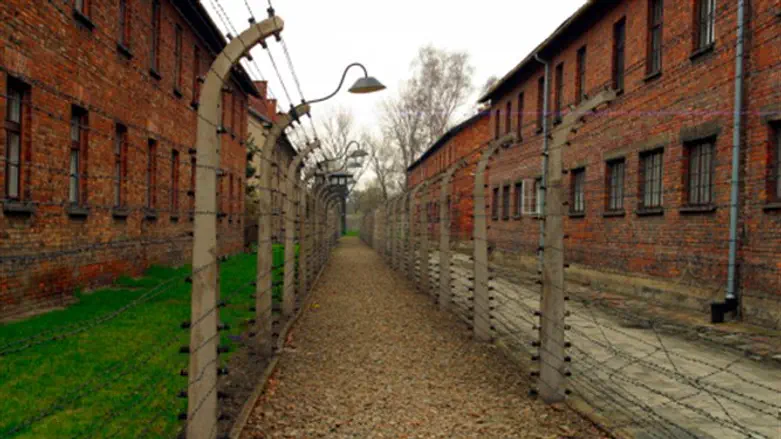
The Jewish community of Poland reacted with outrage after the management of the Auschwitz Museum announced that it was seeking to make contact with Nazi war criminals who are still alive and to get its hands on art, valuables, and documents which had been stolen from Jewish victims during World War II.
The museum gave assurances that the identities of the war criminals would be kept confidential, removing any threat that they could face prosecution for their crimes.
The director of the Auschwitz Museum, Piotr Cywiński, was interviewed by European media, and said that he wishes the citizens of Germany and Austria who have relatives or parents who worked in the Auschwitz death camp as guards or similar positions, or civilians who had roles at Auschwitz and managed to hide, would contact the museum and hand over documents or objects taken from Auschwitz at the end of the war. He promised to maintain complete confidentiality about the sources of the documents and objects.
The announcement was criticized vehemently by the Jewish community of Poland, since the museum was established to remind the world of the criminal acts of murder and genocide of the Nazi regime and its collaborators, and Cywiński was seen as offering a form of protection to war criminals in return for items which may have been stolen by those same criminals.
Cywiński said that the museum was only in possession of documents and objects provided by former prisoners of Auschwitz, but it is estimated that most of the objects remained in the hands of Nazi war criminals who worked at Auschwitz.